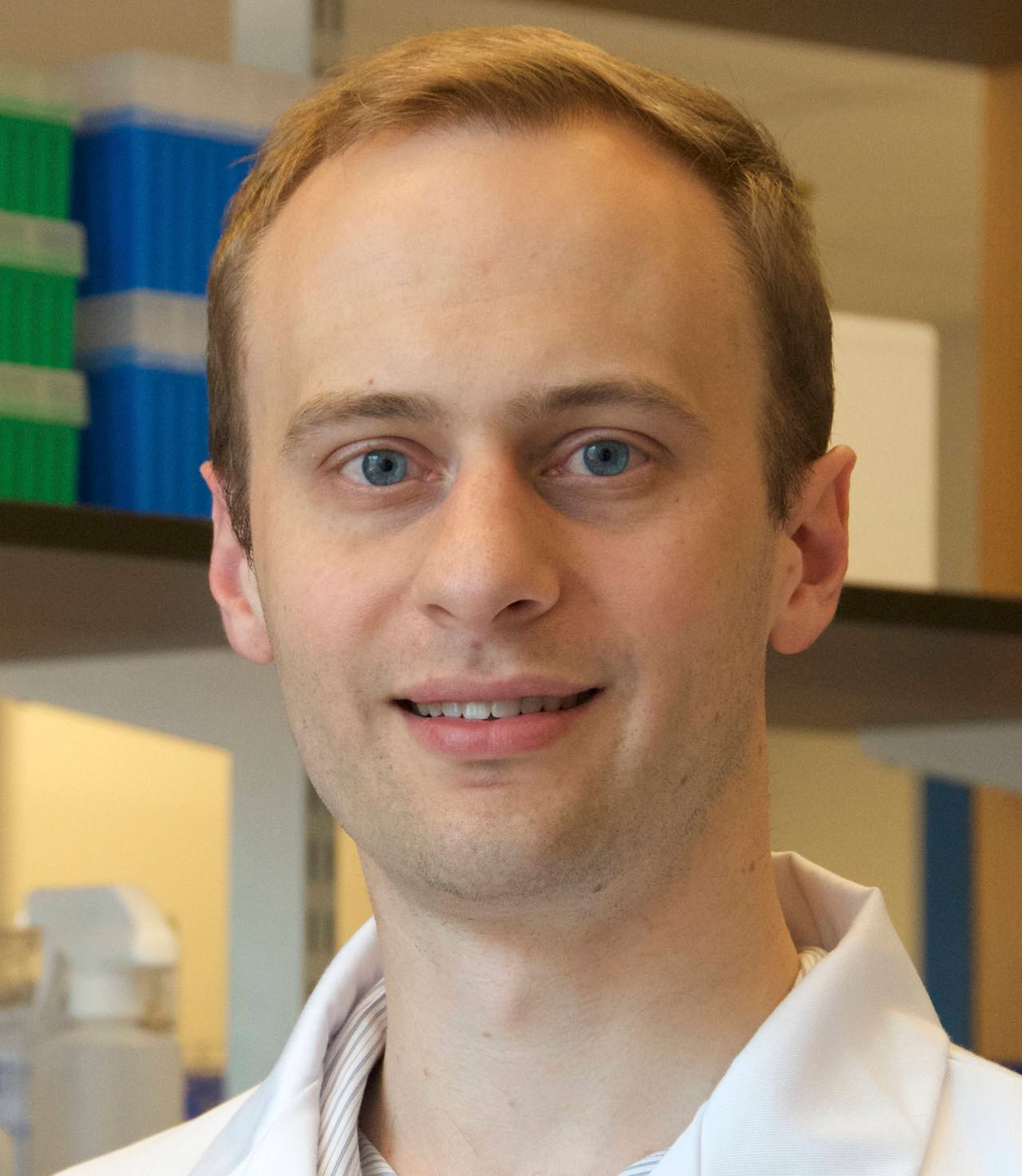In 2013, he was the first to identify the potential for CRISPR “gene drive” systems to alter wild populations of organisms. Recognizing the implications of an advance that could enable individual scientists to alter the shared environment, he and his colleagues chose to break with scientific tradition by revealing their findings and calling for open discussion and safeguards before they demonstrated the technology in the laboratory.
At MIT, Esvelt’s laboratory develops safer “daisy drives” that only spread locally, as well as ways of restoring populations to their original genetics. Together with the communities of Nantucket and Martha’s Vineyard, they are advancing the “Mice Against Ticks” project aiming to prevent tick-borne disease.
Other research interests include unraveling the workings of molecular evolution, controlling the fitness of microbes in the gut, and reducing animal suffering. An outspoken advocate of freely sharing research plans to accelerate discovery and improve safety, Esvelt seeks to use gene drive as a catalyst to reform the scientific ecosystem.
